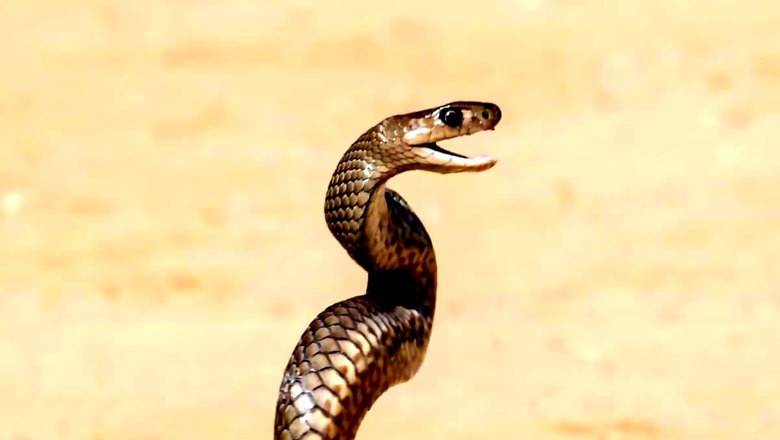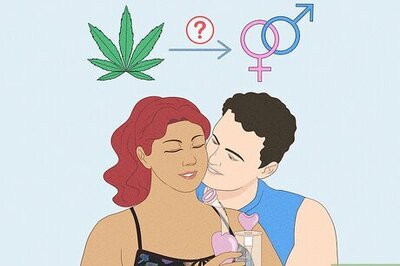
views
If you are no expert, you cannot tell the difference between a poisonous snake and a non-poisonous one. And those who don’t, like most of us, lose their lives due to snakebites. According to Snake Saha from Madurai, an expert in Snake catching, the reason behind the deaths is the lack of awareness about the snakes and how to deal with a snakebite.
There are two types of snakes, poisonous and non-poisonous. The symptoms of a poisonous snakebite include redness, swelling, bleeding, or blistering around the bite. One should be aware of the first aid needed in such a situation.
If a person is bitten by a snake and starts to have difficulty in breathing or loss of consciousness then they should call the emergency. Till then, they should try to protect themselves and call for help nearby. People around should move the victim far from the snake. The victim should also try to keep themselves calm so that the poison does not spread fast. They should cover the wound with a sterile bandage, remove jewellery from the area that was bitten and if the bite is on the leg or foot, then they should remove the shoes. It should also be ensured to get the person to a hospital within an hour of being bitten.
There are some very important don’ts a person should keep in mind when dealing with a snakebite. They should not wait for the symptoms to appear and must get medical help as fast as possible. They should also not cut or slash the wound and attempt to suck out the poison from the wound and do not apply ice on the wound or immerse in the water. Drinking alcohol as a painkiller and painkillers like aspirin and ibuprofen should be strictly avoided.
According to the World Health Organization, 5.4 million people are estimated to be bitten each year with 2.7 million being poisonous bites. These bites can also cause paralysis, kidney failure and tissue damage which may lead to permanent disability or amputation. Due to their smaller bodies, children suffer the most. So, it is extremely important to acquaint yourself with the do’s and don’ts of dealing with a snakebite.

















Comments
0 comment